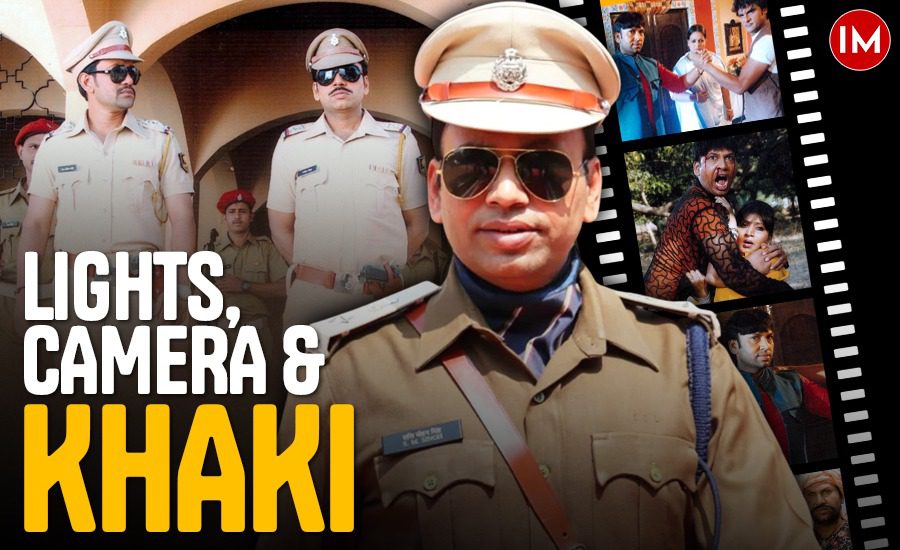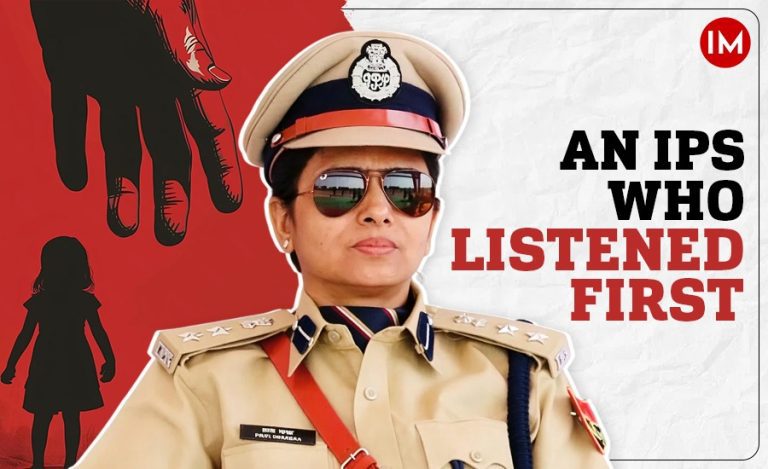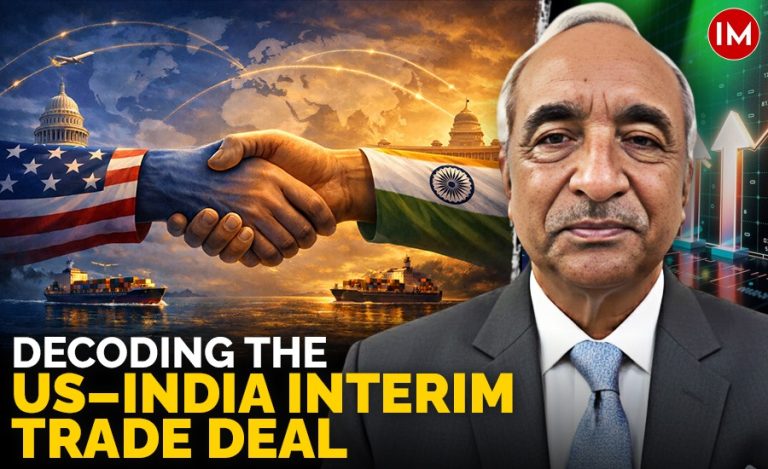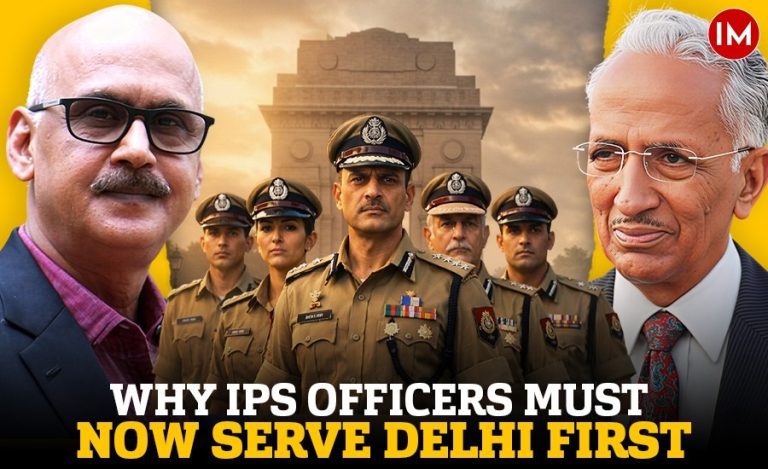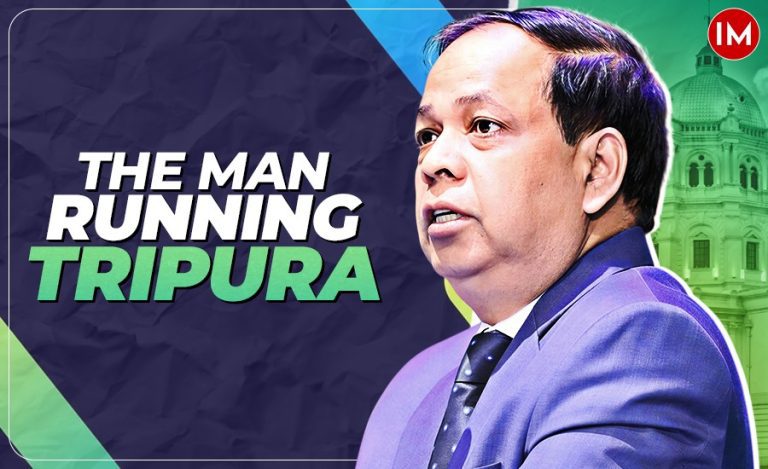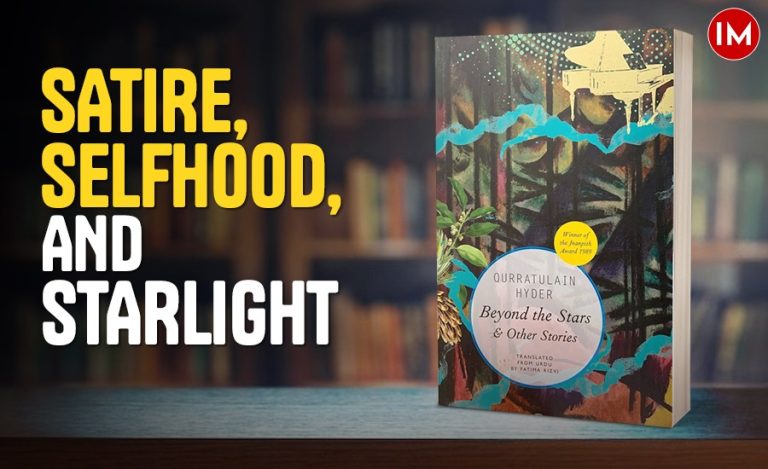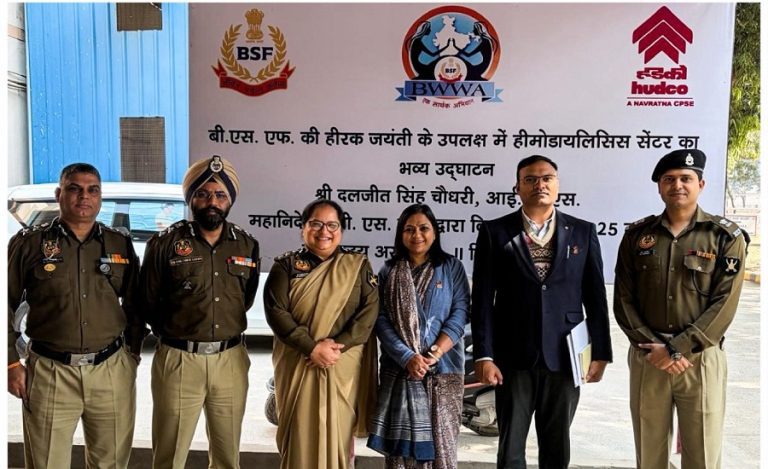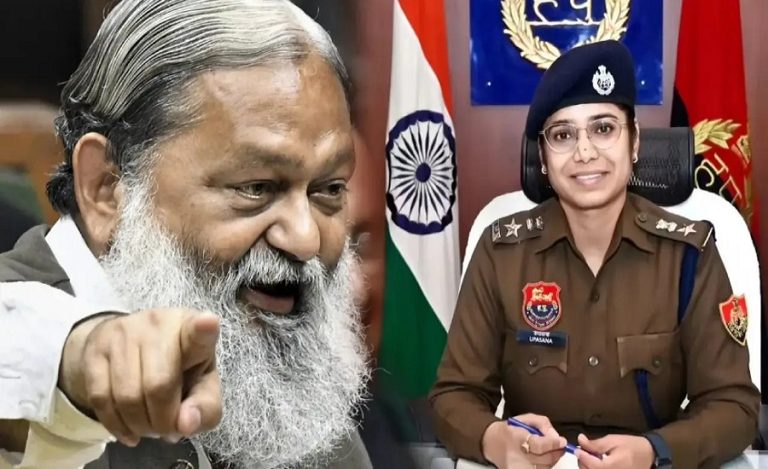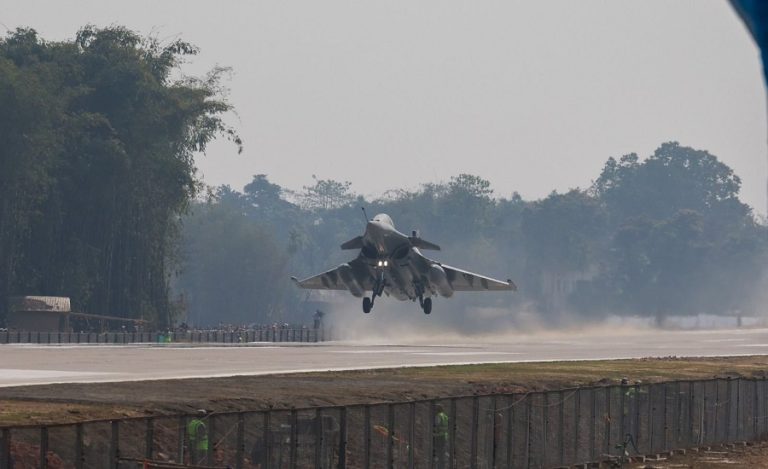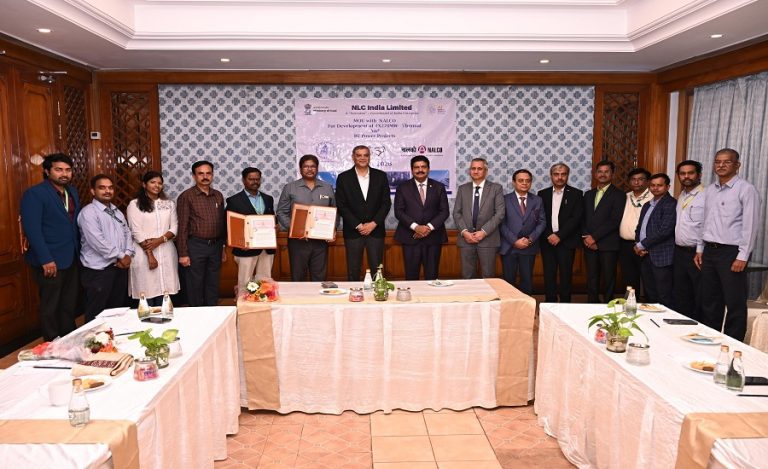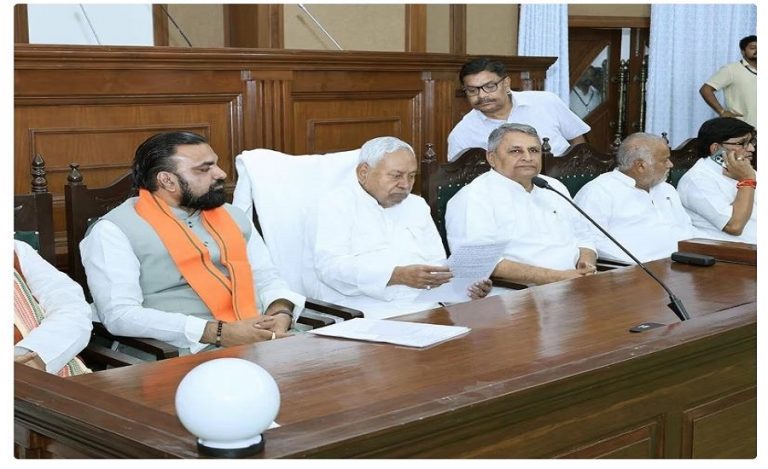When IPS Shashi Mohan Singh (2012 batch, Chhattisgarh cadre) narrates how his love for acting began, his eyes still light up with the same excitement that a young schoolboy once felt when he first stepped on stage. Long before he became a police officer and much before he donned the IPS uniform, he was a child who discovered a parallel world—of scripts, characters, and applause—at a very young age.
It began in Class 5 with a school play titled Taimur Lanka. The teacher, experimenting with students, asked him to read a few lines. He delivered them with confidence, and the teacher immediately noticed something unusual for a child his age—an effortless ability to perform. “This boy is good,” the teacher said, and that was the moment a seed of passion was planted.
Growing up in a village in Bihar, children often found their identity beyond academics—some sang, others danced or excelled in sports. For Shashi, his identity formed on stage. His village had a strong theatre culture going back to the post-independence era. During Durga Puja, three plays were performed every year under Seva Sadan Natya Parishad—two by adults and one by children. Shashi soon became a regular in the children’s plays, and each year his roles grew. By the time he got his first lead role, that little seed had started taking shape.
Over time, what began as participation became passion. The applause, the thrill of dialogue delivery, the energy of the stage, and the magic of becoming someone else—even if just for an hour—pulled him irresistibly towards acting. “That seed sprouted, grew, and blossomed,” he recalls. “That journey from a child actor to where I stand today began right there,” IPS Shashi Mohan shared in a conversation with Indian Masterminds.
A PARALLEL DREAM GROWING QUIETLY
As he entered high school, that pull only became stronger. In Bhilai, he joined a theatre group where seasoned artists performed. He started with the smallest roles—sometimes even backstage work. For a two-minute role, he would rehearse for hours, travel long distances, and return late at night. Studies began to suffer.
His father never scolded him, never discouraged him, but he observed silently. One evening, he spoke with clarity and affection. “Whatever you choose—studies or acting—do it with full satisfaction. I won’t stop you from either. You decide what you want.” For a teenager from a humble household, with limited career opportunities visible around him, this became a moment of responsibility.
Shashi reflected deeply. He loved acting, but he also understood the family’s circumstances. “I decided to keep acting aside and first secure my education.” That decision didn’t kill his passion; it only reshaped it. In college, he formed theatre groups with friends. They wrote, directed, and performed plays during annual events. Alongside, he also began writing poetry and actively took part in recitation competitions.
When it was time to choose a stable career, civil services emerged as the path. Through MPPSC, he became a DSP. Theatre shifted to the background but never vanished.
THE UNIFORM YEARS – BUT THE ARTIST STAYED ALIVE
The police job was demanding—rigorous training followed by a posting in a Naxal-affected region and later in major urban locations like Raipur. One year merged into the next; before he realised it, a decade had passed. The responsibilities of policing absorbed him completely. Yet, somewhere deep within, the actor in him never stopped breathing.
In Raipur, a group of friends who knew about his interest approached him with a Chhattisgarhi film project, Maya. They believed his on-screen personality could match the strong protagonist they had imagined. Shashi met the director, Prem Chandrakar, and connected instantly with the story and character. With departmental approval, he acted in the film.
Maya turned out to be a major success. Initially, the audience entered theatres out of curiosity to watch a police officer on-screen. But they came out acknowledging his performance. “People realised I wasn’t there as a police officer doing a cameo. I could actually act,” he says with a smile during a conversation with Indian Masterminds.
Film offers followed. This time from the Bhojpuri industry. He worked with prominent names like Dinesh Lal Yadav (Nirahua), Khesari Lal Yadav, and Vinay Anand. To pursue this professionally, he applied for an extraordinary leave — a provision that allows government employees to take time off without pay to pursue educational, research, or artistic interests. He took a two-year break and completed four leading Chhattisgarhi films and art films and continued theatre.
But success often comes with criticism before approval.
“When I decided to go to Mumbai for Bhojpuri films, many people disagreed—some mocked me, some thought I had lost sense.” Even family members felt he was risking a stable career for an unpredictable one. But he was firm. “When I made that decision, only one person stood with me—and that was me.”
Once he proved himself, the same critics became supporters.
THE RETURN – AND A NEW WINDOW OF ART IN POLICING
After two years, he returned to the police department. He knew he couldn’t pursue films full-time and continue policing. Yet, he couldn’t let go of acting. That’s when he discovered a middle path—blending art with policing.
With changing times, policing has moved beyond FIRs and patrolling. Community policing has gained huge importance, especially in areas like drugs, cybercrime, and human trafficking. Shashi saw storytelling as a tool to spread awareness more effectively than conventional methods.
He began writing scripts and making short films with social messages. His short film on COTPA won the Best Super Short Film award; Gomti Ko Yatna and others also received recognition. He then ventured into socially relevant theatre. In the play Saskia, he played four characters—a drunk man, a young boy’s father, his friend, and a police officer—highlighting addiction in society. A stage play on Naxalism titled Mukhbhir followed.
Today, as SP Jashpur, he continues this unique model of socially conscious policing through art. His team is working on a stage production for Rajyotsav on new laws, and a film on cyber fraud and digital arrest is under production too.
ART AND DUTY – FINDING BALANCE
When asked how he balances two demanding worlds, he answers simply: “The problem is never time; the problem is time management.”
He has served in multiple high-pressure postings—Raipur, Bilaspur, Durg, and Rajnandgaon—and still pursued his creative work. Not once has a senior officer complained that his passion affected his performance. “I am extra conscious about that. I will never allow my professional duty to suffer.”
For him, acting is not an escape; it is a channel to bring meaningful awareness to society. Policing influences society through law and order. Art influences through emotions and reflection. Together, they create a deeper impact.
“If even a few lives change after watching a play or film, that is enough satisfaction.”
He says something that stays with you long after the conversation ends:
“If I weren’t a police officer, I would have been an actor. That is absolutely certain.”
THE MAN WHO REFUSED TO CHOOSE ONE DREAM
Most people abandon their childhood passion due to the practicalities of life. Some regret it silently for years. Some suppress it until it disappears. Shashi Mohan Singh did not choose between passion and profession—he chose to carry both.
He allowed his dreams to evolve instead of ending them.
He nurtured his love for acting, yet remained committed to public service. He adapted his art to fit his uniform, not the other way around. Today, he is not just known as an IPS officer or an actor. He is someone who proved that life doesn’t come with only one road. Sometimes, it is the courage to walk on two parallel roads that shapes an extraordinary life.
In his words, “The artist in me is satisfied, and the officer in me continues to serve. That balance brings peace.”

